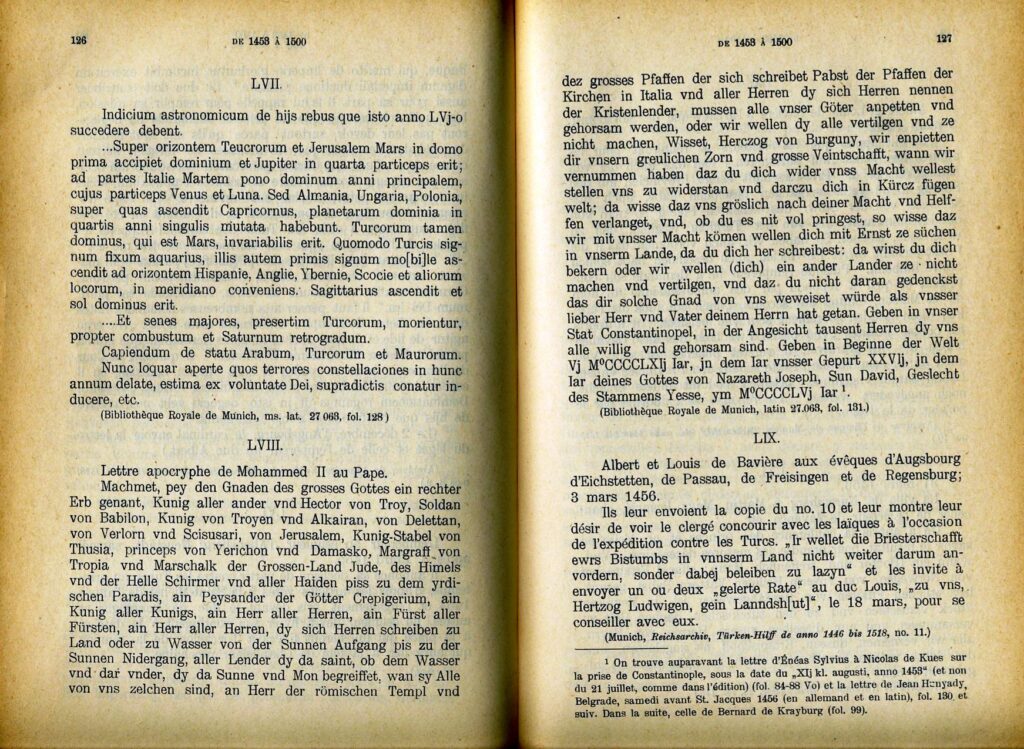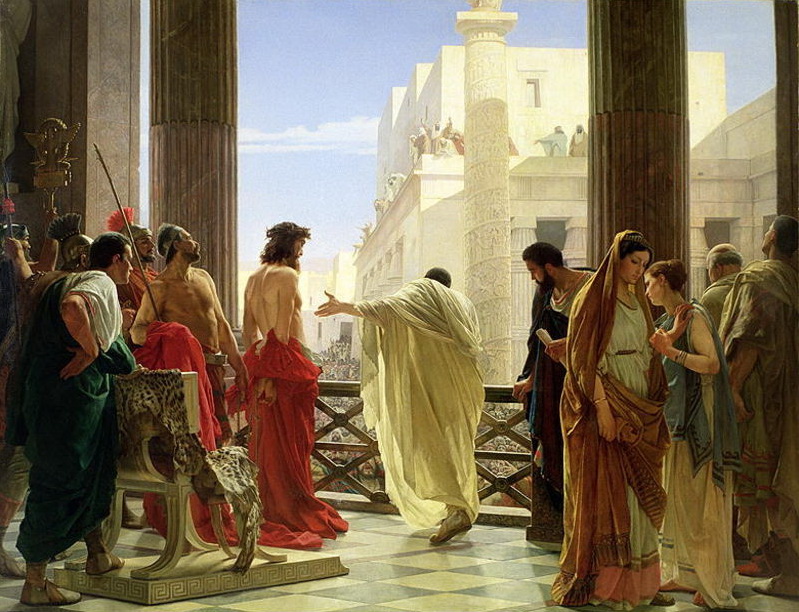Christianity, despite being a monotheistic religion, is made up of remarkably diverse sects and doctrines. The three largest sects of Christianity are Catholicism, Protestantism, and Eastern Orthodox. So if all the sects worship the same God, what sets them apart?
An important distinction between the major sects of Christianity lies within the scriptures they consider canonical.
Unlike the Catholic and Eastern Orthodox sects, the Protestant Bible contains fewer books in the Old Testament.
To answer whether there were books left out of the Protestant Bible, we should take a look at the history of Christian scripture itself.

Why Do Different Versions of the Bible Exist?
How did each of the three major Christian sects come to regard their version of the scriptures as canon? The answer lies in the nature of the Bible.
The Bible isn’t a singular text, but an anthology of divinely inspired writings by prophets and the apostles of Jesus. The many books that make up the Bible were written over centuries, spanning the last few centuries of the era Before Christ (BC) and the 1st Century of the Christian Era (CE).
As Christianity began to spread through the ancient world, it was translated into several languages at different points in history.
The earliest notable translation of the Bible was the Septuagint, from the 3rd Century BC, which translated important Hebrew Scriptures into Koinē Greek.
The scriptures included the Hebrew Torah, Nevi’im, and Ketuvim, as well as other texts not considered part of the Hebrew Bible. Before the term Apocrypha came into use, these additions to the Septuagint were called anagignoskomena, which means “profitable reading” in Greek.
The Septuagint would become the basis for the Old Testament, which refers to texts from the BC period. In the 1st Century CE, additional apostolic texts were written in Greek, which became known as the New Testament. Put together, these books were the earliest form of the Christian Bible.
Subsequent translations, like the Latin Vulgate Bible that was created during the 4th Century CE, omitted certain texts that were included in the Septuagint.
By the 16th Century CE, the Reformation was under way, and the emerging sect of Protestants took an even narrower view of what books should be considered canonical. That’s how we ended up with different versions of the Bible.
Today, the Protestant Bible recognizes 66 books as canon, the Catholic Bible recognizes 73 books, and the Eastern Orthodox Bible recognizes 81 books.
How the Apocrypha Came to Be
All versions of the Bible have the same 27 books in the New Testament. The difference in the contents of Protestant Bibles and Catholic Bibles boils down to seven books in the Old Testament.
In the Catholic tradition, these books are accepted as canon, and referred to as the deuterocanonical books. But for Protestants, these books fall outside the canon, and are known as Apocrypha.
Today, we use the word apocryphal to describe something that seems suspicious or unverified. This modern connotation likely emerged due to Protestants’ skepticism toward the Biblical Apocrypha.
The origins of the word are from Greek, combining the root words apo (meaning “away”) and kryptein (meaning “hide” or “conceal”). This translation points to the early Christian view of the Apocrypha not as spurious additions to the Bible, but as holy texts that were meant to be read in private and not for public sermons or liturgy.
In fact, the earliest Protestant Bibles include the Apocrypha along with the accepted 66 canonical books of the Old Testament and New Testament. They were simply placed in a separate section of the Bible, independent of both Testaments.
The Contents of the Apocrypha
One of the earliest and most influential versions of the Protestant Bible was the King James Version (KJV), an English translation written in 1611 CE. Like other early Protestant Bibles, such as the Lutheran Bible (a German translation from 1534 CE), it included the books of the Apocrypha in an independent section between the two Testaments.
These intertestamental books in the KJV have come to be commonly accepted by Protestants as the books of the Apocrypha. They are:
- 1 Esdras
- 2 Esdras
- Book of Tobit
- Book of Judith
- Book of Esther (contains additions from the Vulgate)
- Book of Wisdom
- Book of Sirach, also known as Ecclesiasticus
- Book of Baruch
- Epistle of Jeremiah
- Prayer of Azariah and Song of the Three Holy Children (additional chapter in the Book of Daniel)
- Susannah and the Elders (additional chapter in the Book of Daniel)
- The Idol Bel and the Dragon (additional chapter in the Book of Daniel)
- Prayer of Manasseh
- 1 Maccabees
- 2 Maccabees
Why Protestant Bibles Extract the Apocryphal Texts
One of the founding beliefs of Protestantism is sola scriptura, which means “the Bible alone.” The Protestant sect was influenced by the Masoretic texts, which only included parts of the Hebrew Bible in the Old Testament, and not the anagignoskomena of the Septuagint.
This is why the Protestant Bible has the shortest version of the Old Testament, composed of 39 books. Despite this, early Protestant Bibles carried the books of the Apocrypha, though they were distinguished from the accepted Scriptures.
It took around three centuries after the Reformation for Protestant Bibles to start appearing without the Apocrypha included. Surprisingly, the reason was not theological, but economical!
In 1826 CE, the British and Foreign Bible Society (BFBS) decided to omit the Apocrypha from all printed Bibles in order to make them cheaper to mass produce.
It wasn’t until the 1960s that this trend was reversed, but many modern editions of the Protestant Bibles still choose to leave out the Apocrypha from their contents.
Protestant religious scholars have put forward several reasons why the Apocrypha cannot be considered canon. Some of these are:
- The Apocrypha contains non-Biblical doctrines, such as the concept of purgatory.
- All 39 books of the Protestant Old Testament are cited as Scripture in the New Testament, but the books of the Apocrypha are not.
- The Hebrew Bible, which is the basis for the Old Testament, does not contain the Apocrypha books.
These reasons, among others, are why most Protestant Bibles remove the Apocrypha from their contents. The history of the Apocrypha is a fascinating microcosm of Christianity itself, illustrating how faith and belief are living concepts that can evolve over time.

